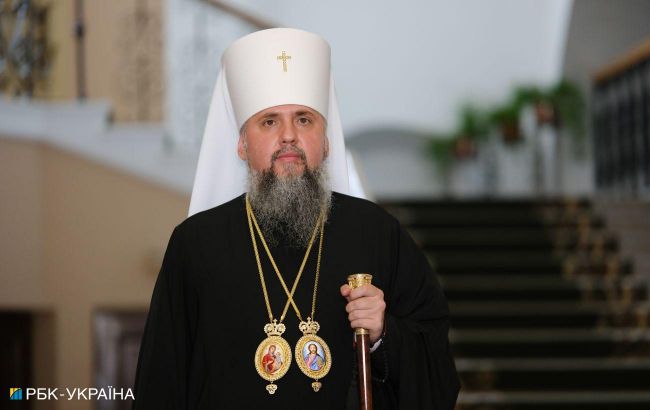Ukrainian Orthodox Church finally switches to new calendar - what does it change
 Metropolitan Epiphany of the UOC (Photo: RBC-Ukraine, Vitalii Nosach)
Metropolitan Epiphany of the UOC (Photo: RBC-Ukraine, Vitalii Nosach)
The Local Council of the Orthodox Church of Ukraine, which took place at the Saint Sophia Cathedral in Kyiv, made a final decision to transition to the New Julian Calendar, according to the participant of the Local Council, Dmytro Shapovalov.
He informed that out of 161 delegates of the Local Council, 156 voted in favor of the transition, five voted against it, and 0 abstained.
Parishes and monasteries of the Orthodox Church of Ukraine (OCU), if desired (to be officially confirmed at parish meetings - by the protocol), can continue to follow the old calendar.
New Julian calendar
After transitioning to the new calendar, believers celebrate certain holidays according to the New Julian style on different dates. Specifically:
- St. Nicholas Day will be celebrated on December 6 instead of December 19;
- Christmas will be on December 25 instead of January 7;
- Synaxis of the Most Holy Theotokos will be on December 26 instead of January 8;
- St. Melania's Day (locally known as Generous Evening, Malanka) will be on December 31 instead of January 13;
- Epiphany will be on January 6 instead of January 19;
- The Feast of the Presentation of the Lord will be on February 2 instead of February 15.
However, determining the date of Easter will remain the same as before. That also applies to Ascension and Pentecost (locally known as Green Initially, the date for celebrating Christmas - December 25 or January 7 - was chosen depending on the Christian denomination. Catholics celebrate the former, while Orthodox Christians observe the latter. However, this division of dates is conditional due to the use of different calendars - the Gregorian and the Julian.
The discussions about the date of celebrating Christmas in Ukraine intensified after the full-scale invasion of Russia. The Julian calendar is considered to be associated with Russian church culture. In contrast, churches that support our Orthodox Church of Ukraine use the New Julian calendar, while opponents, primarily the Russian Orthodox Church, adhere to the old calendar.

